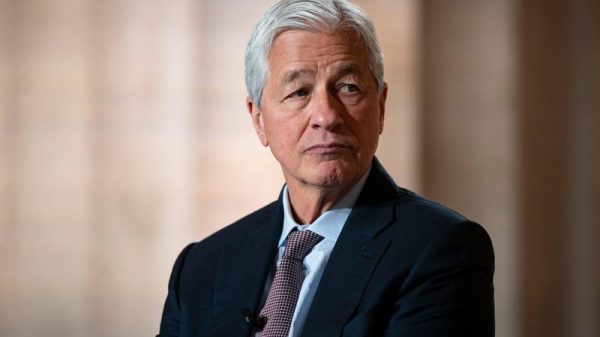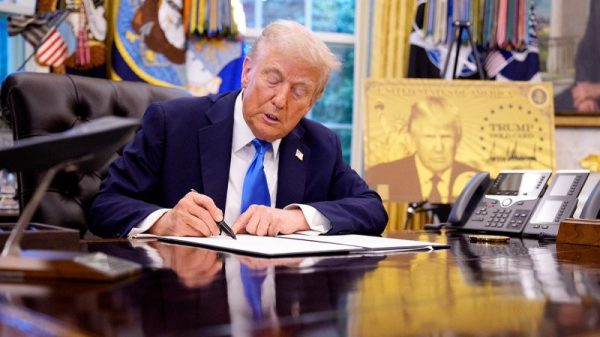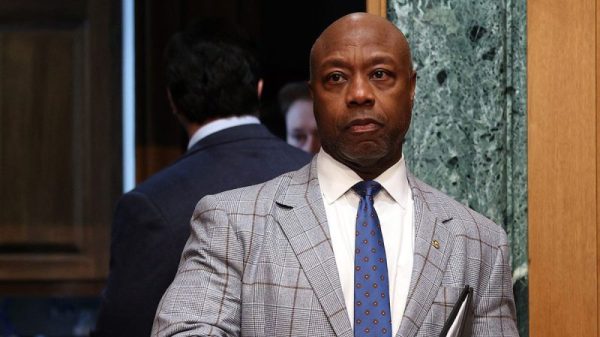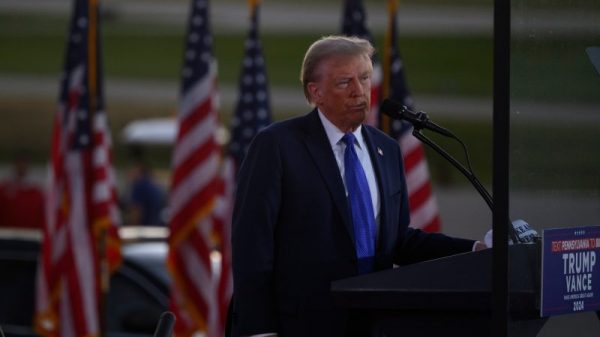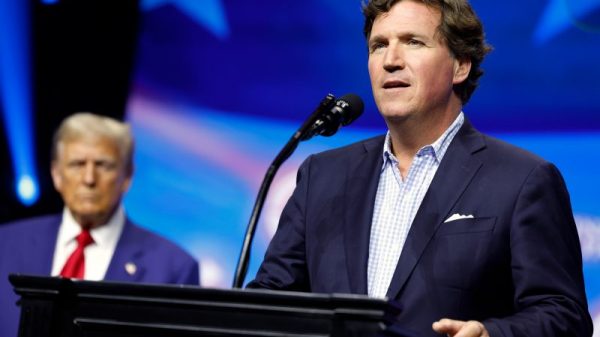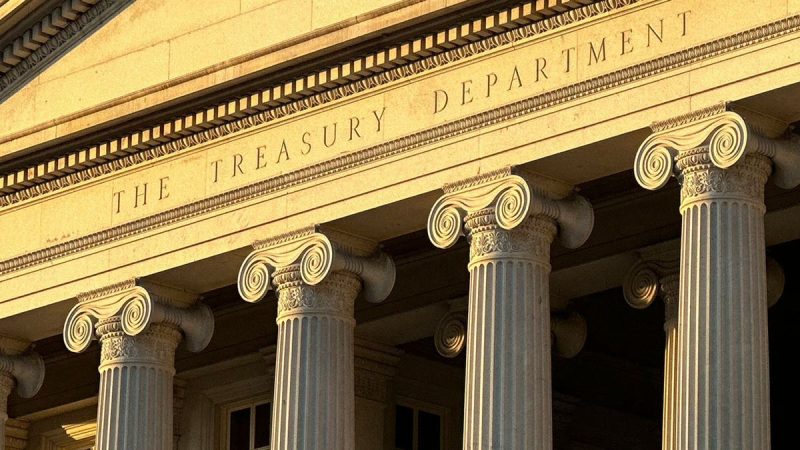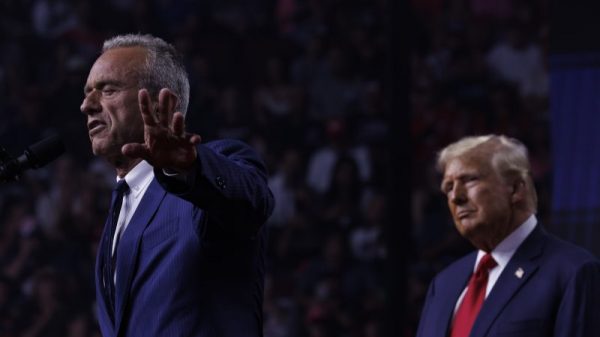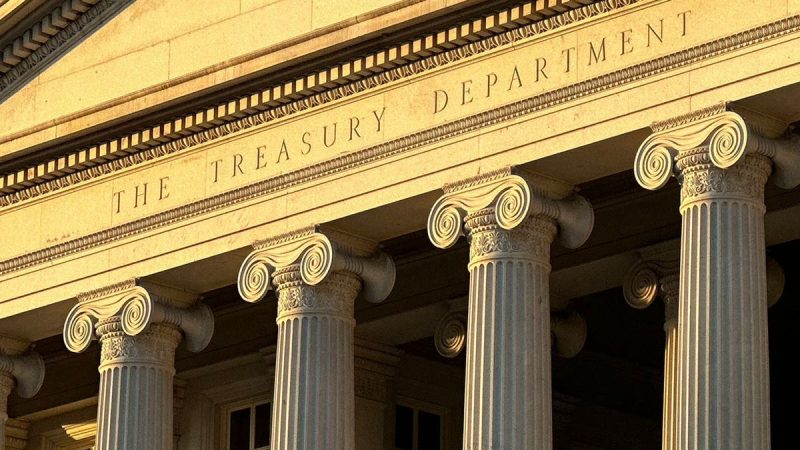
The U.S. Treasury Department and the Department of Government Efficiency (DOGE) discovered that hundreds of millions of dollars in improper payment requests were identified after going live with its first automated payment system last week.
In fact, the system found $334 million in improper payment requests that were flagged because of missing budget codes, invalid budget codes and budget codes without authorization.
DOGE, which is led by billionaire Elon Musk, announced the discovery in a post on X.
In the post, DOGE said an example of an invalid budget code was if the payment was not linked to the budget. It also provided an example of a budget code without authorization, saying the budget had already been fully spent.
The news comes months after DOGE learned about an identification code linking U.S. Treasury payments to a budget line item that accounted for nearly $4.7 trillion in payments, which was oftentimes left blank.
‘The Treasury Access Symbol (TAS) is an identification code linking a Treasury payment to a budget line item (standard financial process),’ DOGE wrote in a post on X in February. ‘In the Federal Government, the TAS field was optional for ~$4.7 Trillion in payments and was often left blank, making traceability almost impossible. As of Saturday, this is now a required field, increasing insight into where money is actually going.’
DOGE thanked the U.S. Treasury for its work in identifying the optional field.
According to the Bureau of the Fiscal Service, which is under the Treasury, TAS codes are used to describe any one of the account identification codes assigned by the Treasury and are also referred to as the ‘account.’
All financial transactions made by the federal government are classified by TAS when reporting to the Treasury and the Office of Management and Budget.
DOGE’s announcement on Tuesday comes as it continues to find savings and fraud across all aspects of the government.
On the department’s site, it says $160 billion in savings have been discovered, equating to $993.70 in savings per taxpayer.
DOGE has been aggressive in its mission to root out wasteful spending and to downsize the scope of the federal government.










